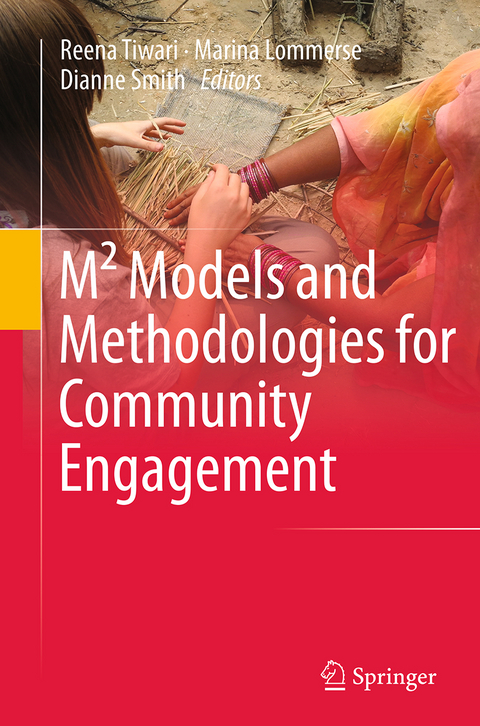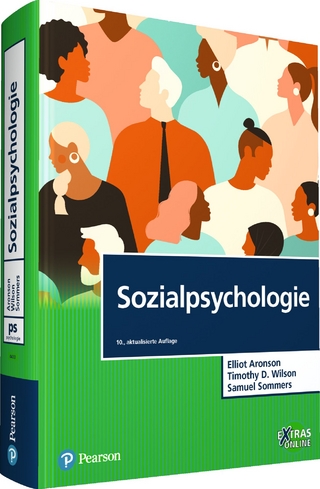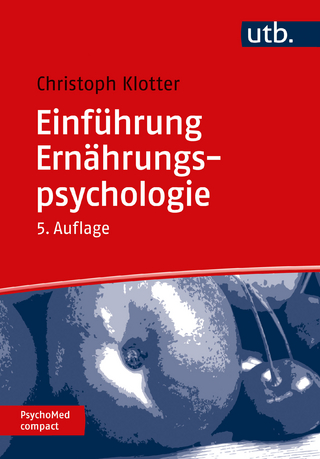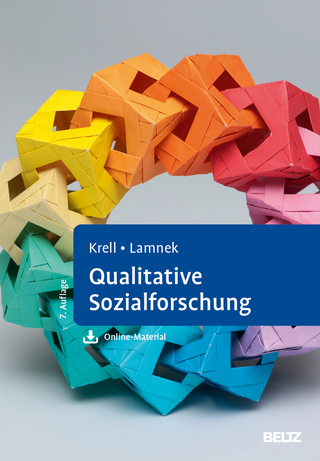
M² Models and Methodologies for Community Engagement
Springer Verlag, Singapore
978-981-10-1179-5 (ISBN)
The book maps the attributes of community based projects by moving beyond simply bringing people together from a variety of disciplines, and taking an approach which is transdisciplinary and applicable across cultures and genres. Here, all people — including the community — are ongoing contributors, and can freely move between their own and others’ discipline-specific arenas.
M² differs from and extends on other works in this field of practice and research, in that its transdisciplinary, collaborative approach positions the community as a particular kind of discipline to create real changein diverse locations and fields of experience. The book is in itself a model of community engagement, as the researchers have formed a community of research and practice for change, and have developed a transformative model for community engagement that is greater than the sum of its parts – hence M².
M² offers a valuable resource for students, researchers, academics, practitioners, policy developers and volunteers from the fields of architecture, interior architecture, health, planning, anthropology, education, home economics, communication, political studies and development studies.
Reena Tiwari is an Associate Professor in the Departments of Urban & Regional Planning and Architecture at Curtin University, and Director of the International Cooperation Research Cluster. Her work focuses on the integration of urban development and place-making, with an emphasis on the importance of community involvement. Marina Lommerse is a designer, educator, curator, researcher and strategist with Marina Lommerse Consultants, and an Adjunct Professor at Curtin University. She works with creative people and communities to strengthen individual and collective capacity and build supportive environments, mobilizing creative projects that promote positive change in communities, through publications, creative works, and curatorship of exhibitions. Dianne Smith is an Associate Professor and Head of Program in Interior Architecture at Curtin University, and an Adjunct Professor at Queensland University of Technology. Dianne’s research focuses on design for the cognitively impaired, the meaning of environments, the impact of colour on experience and our understanding of place, and design education.
1 Navigating Community Engagement.- Part I: Narratives on Models, Methodologies and Methods.- 2 An Ethnographic and Collaborative Model of Inquiry: Activity Centre Project in India.- 3 Capacity Building and Community Development: a Community Dialogue on Equality in Rural Uganda.- 4 Urban Neighbourhood Regeneration and Community Participation: an Unresolved Issue in the Barcelona Experience.- 5 The Port Resolution Project: Developing Community Built and Managed Visitor Accommodation Typologies.- 6 Applying a Practical, Participatory Action Research Framework for Producing Knowledge, Action and Change in Communities: a Health Case Study from Gujarat, Western India.- 7 Inspired by Nature: Building Community Capacity Through Creative Leadership.- 8 Connections: Academics, Architects and Community Pro-Bono Projects.- 9 Fremantle on the Edge: a Community Collaboration.- 10 Transparency and Interdependence.- Part II: Unfolding Challenges and Removing Barriers in the Community Engagement Process: Opportunities for Transdisciplinary and Translocational Applications.- 11 Capturing the Diversity and Commonalities of Community Engagement.- 12 Joining Communities: A Role for Reflection.- 13 Reflections on Working with Communities and Community-based Projects in Bangladesh.- 14 Action Preparedness Tool for Community Engagement.- Part III: Community Engagement and Capacity Building: a Transdisciplinary Perspective.- 15 Transforming Community: Opportunities for Transdisciplinary Application.
| Erscheinungsdatum | 23.09.2016 |
|---|---|
| Zusatzinfo | 81 Illustrations, black and white; XXIII, 284 p. 81 illus. |
| Verlagsort | Singapore |
| Sprache | englisch |
| Maße | 155 x 235 mm |
| Themenwelt | Geisteswissenschaften ► Psychologie ► Sozialpsychologie |
| Naturwissenschaften ► Biologie ► Zoologie | |
| Naturwissenschaften ► Geowissenschaften ► Geografie / Kartografie | |
| Sozialwissenschaften ► Politik / Verwaltung | |
| Sozialwissenschaften ► Soziologie ► Makrosoziologie | |
| Schlagworte | Biomimicry • capacity building • community, architecture and design • community-based management • community engagement • design activism • Social Sustainability • Transdisciplinarity • transdisciplinary knowledge |
| ISBN-10 | 981-10-1179-6 / 9811011796 |
| ISBN-13 | 978-981-10-1179-5 / 9789811011795 |
| Zustand | Neuware |
| Haben Sie eine Frage zum Produkt? |
aus dem Bereich


